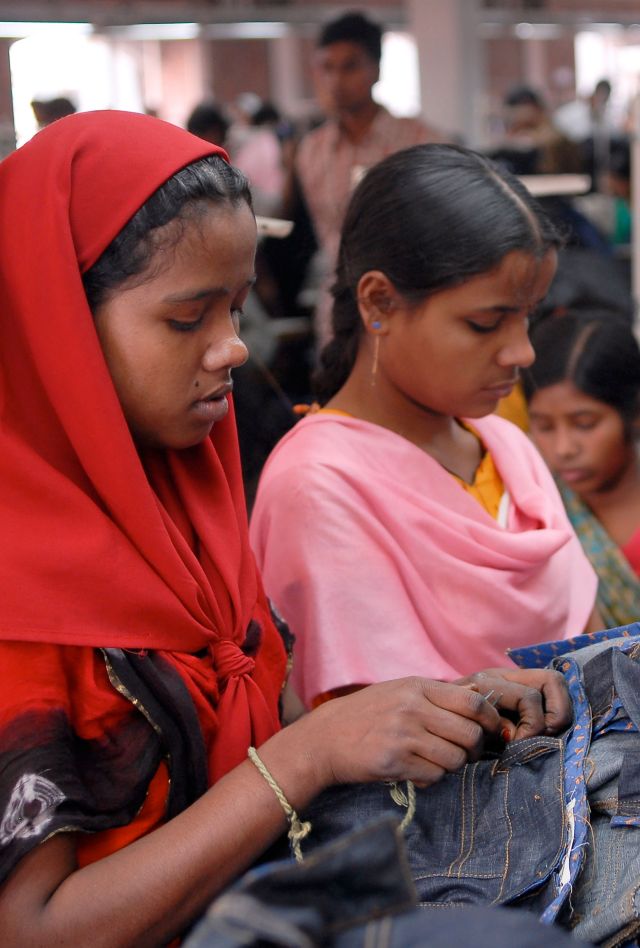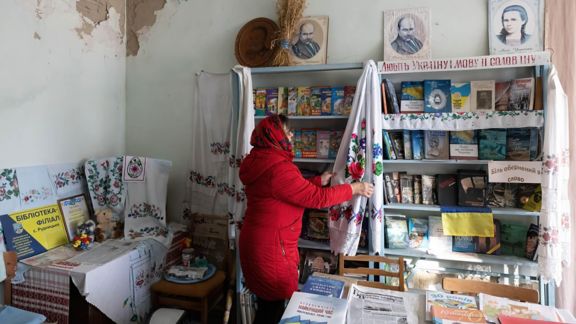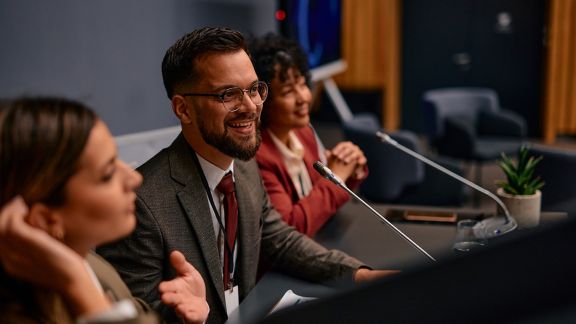Finding Gaps & Remedies in Bangladesh’s Labor Protections

This article is from our NORC Now newsletter. Subscribe today.
June 2025
Our research found enforcement gaps in the country’s garment sector despite legal protections for millions of workers.
Bangladesh’s ready-made garment industry employs millions of workers and accounts for 80 percent of the country’s export earnings and 12 percent of its GDP.
But the industry is bifurcated. There’s a formal sector that serves international buyers and has come under increasingly effective regulation. There’s also an informal sector that serves the local market—or as subcontractors to the formal industry—in which exploitation of impoverished workers remains prevalent.
With funding from the Global Fund to End Modern Slavery (GFEMS), NORC reviewed Bangladeshi labor laws and policies and conducted key informant interviews with ministries, lawyers, NGO representatives, and employers in both the formal and informal sectors. The review identified gaps in Bangladesh’s current legal framework and the challenges and implementation successes of regulations and policies to reduce labor exploitation.
“Bangladesh’s informal apparel and ready-made garment sector requires a stronger enforcement and regulatory system along with accountability procedures to prevent labor exploitation,” said Ritu Nayyar-Stone. “With textile and garment products accounting for 83 percent of export earnings, the government must prevent abuse of its workforce.”
We also found that the principal barrier to the effective application of labor laws in the informal sector is the lack of a credible threat of factory inspection and law enforcement. In addition to our report, we developed a policy brief with recommendations for how stakeholders in Bangladesh can improve knowledge and enforcement of labor laws and presented those recommendations in Bangladesh in April.
This article is from our flagship newsletter, NORC Now. NORC Now keeps you informed of the full breadth of NORC’s work, the questions we help our clients answer, and the issues we help them address.








